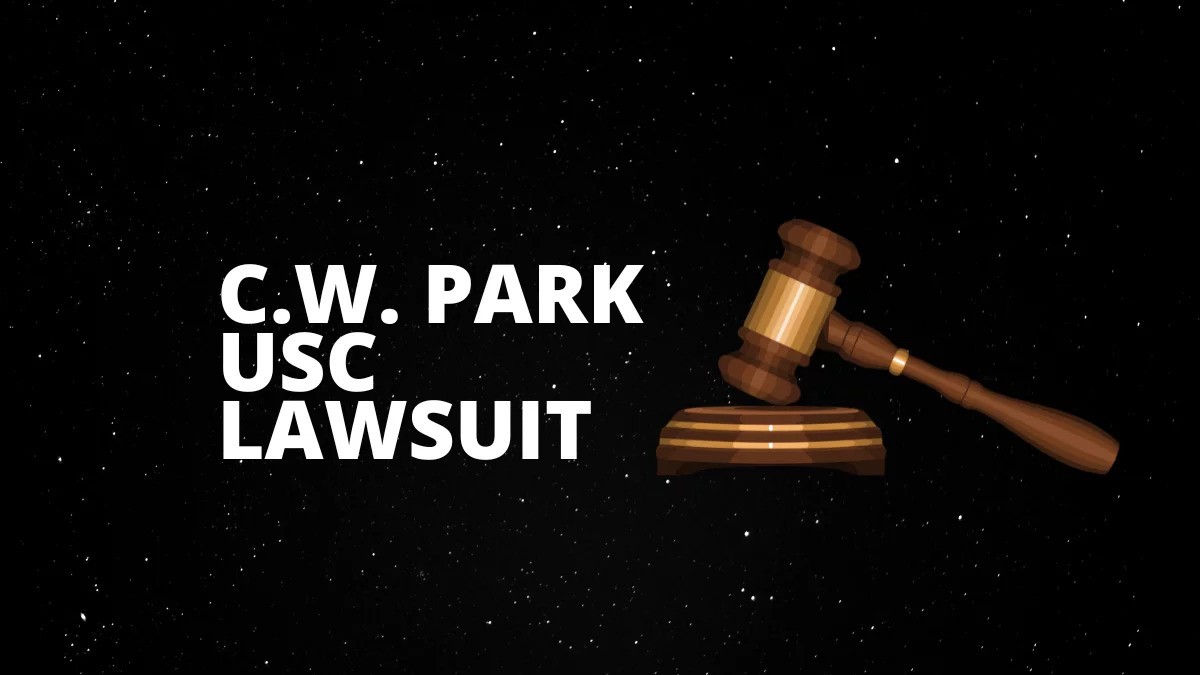In the dynamic landscape of fintech, where innovation meets finance, scandals can emerge as cautionary tales, shaking the trust of investors, customers, and the industry at large. One such controversy that has captured the attention of the world is the Flutterwave Scandal. This article delves into the intricacies of the scandal, examining its origins, the allegations, its impact on the fintech industry in Africa, and the lessons it holds for businesses and regulators alike.
Origins of Flutterwave
Founded in 2016 by Iyinoluwa Aboyeji and Olugbenga Agboola, Flutterwave Scandal quickly emerged as a leading player in the African fintech scene. The company aimed to simplify payments for businesses in Africa, providing a seamless platform for processing transactions across borders. With its headquarters in Nigeria and a growing presence across the continent, Flutterwave attracted attention from investors and customers alike, positioning itself as a beacon of innovation in the burgeoning African tech landscape.
The Rise of Fintech in Africa
Africa, with its vast untapped market and burgeoning tech-savvy population, became a fertile ground for fintech startups. With traditional banking services often inaccessible to large segments of the population, fintech offered a promising solution, providing accessible and affordable financial services through mobile technology. Companies like Flutterwave Scandal spearheaded this revolution, leveraging digital platforms to facilitate payments, transfers, and other financial transactions.
The Allegations Unveiled
However, the promising trajectory of Flutterwave Scandal took an unexpected turn when allegations of misconduct surfaced, shaking the foundations of the company and sending shockwaves across the fintech industry. Reports emerged of financial irregularities, with accusations of fraud, money laundering, and unethical business practices tarnishing the reputation of the once-celebrated startup.
Examining the Claims
Central to the scandal were allegations of fraudulent activities within Flutterwave Scandal, implicating key figures within the company, including its CEO, Olugbenga Agboola. Reports suggested that certain employees had engaged in fraudulent transactions, siphoning funds from customer accounts for personal gain. Furthermore, concerns were raised regarding the company’s compliance measures, with accusations of lax oversight and inadequate security protocols.
Legal Battles and Regulatory Scrutiny

As the allegations gained traction, Flutterwave Scandal found itself embroiled in legal battles and regulatory scrutiny, facing investigations from authorities in Nigeria, Kenya, and beyond. The company’s reputation took a hit, as investors grew wary and customers expressed concerns about the safety and security of their funds. The scandal sent shockwaves through the fintech industry, raising questions about accountability, transparency, and the regulatory framework governing the sector.
Impact on Customers and Investors
For customers and investors who had placed their trust in Flutterwave Scandal, the scandal was a rude awakening. Many found themselves grappling with uncertainty and mistrust, unsure of the safety of their funds and the future of the company. Investors faced mounting losses as Flutterwave Scandal valuation plummeted, with shares dropping precipitously amid the turmoil. The scandal served as a stark reminder of the risks inherent in investing in emerging markets, where regulatory oversight may be lacking, and governance standards may fall short.
Lessons Learned
The Flutterwave scandal offers several valuable lessons for the fintech industry, regulators, and businesses operating in emerging markets. Firstly, it underscores the importance of robust compliance measures and stringent oversight, particularly in sectors prone to fraud and financial misconduct. Companies must prioritize transparency and accountability, implementing safeguards to protect customers and investors from undue risk.
**Secondly, the scandal highlights the need for enhanced regulatory scrutiny and enforcement in the fintech sector. Regulators must remain vigilant, monitoring emerging trends and addressing potential risks before they escalate into full-blown crises. Collaborative efforts between regulators, industry stakeholders, and law enforcement agencies are essential to maintaining the integrity and stability of the financial system.
**Thirdly, the scandal serves as a cautionary tale for investors, reminding them to conduct thorough due diligence before investing in emerging markets or nascent industries. While the potential for high returns may be enticing, investors must weigh the risks carefully, considering factors such as regulatory environment, governance standards, and market volatility.
Moving Forward
In the aftermath of the Flutterwave scandal, the fintech industry in Africa faces a critical juncture. While the controversy has undoubtedly shaken confidence, it also presents an opportunity for reflection and reform. Companies must redouble their efforts to uphold the highest standards of integrity and ethics, rebuilding trust with customers and investors through transparency and accountability. Regulators, for their part, must strengthen oversight and enforcement mechanisms, ensuring that the fintech sector operates in a safe and secure manner.
Conclusion
The Flutterwave scandal serves as a sobering reminder of the challenges facing the fintech industry in Africa and beyond. While the fallout from the controversy has been profound, it also offers an opportunity for growth and renewal. By learning from the mistakes of the past and embracing a culture of integrity and compliance, the fintech sector can emerge stronger and more resilient, fulfilling its promise of driving financial inclusion and prosperity across the continent.
FAQs
1. What is the Flutterwave scandal?
The Flutterwave scandal refers to a controversy surrounding allegations of fraudulent activities, including fraud and money laundering, within the African fintech company Flutterwave. The scandal has had significant repercussions for the company, its employees, investors, and the broader fintech industry in Africa.
2. What are the allegations against Flutterwave?
The allegations against Flutterwave include claims of financial irregularities, fraudulent transactions, and unethical business practices. There have been accusations of employees misappropriating funds from customer accounts for personal gain, as well as concerns about the company’s compliance measures and security protocols.
3. Who is implicated in the scandal?
Key figures within Flutterwave, including its CEO, Olugbenga Agboola, have been implicated in the scandal. Reports suggest that certain employees were involved in fraudulent activities, raising questions about the company’s leadership and governance standards.
4. What is the impact of the scandal on customers and investors?
The scandal has had a significant impact on customers and investors who had placed their trust in Flutterwave. Many have expressed concerns about the safety and security of their funds, while investors have faced mounting losses as the company’s valuation plummeted amid the turmoil.
5. How has Flutterwave responded to the allegations?
Flutterwave has publicly denied the allegations, stating that it is committed to upholding the highest standards of integrity and ethics. The company has pledged to cooperate fully with authorities and conduct a thorough investigation into the matter.
6. What regulatory scrutiny has Flutterwave faced?
Flutterwave has faced regulatory scrutiny from authorities in Nigeria, Kenya, and other jurisdictions where it operates. Regulators have launched investigations into the company’s activities, focusing on issues such as compliance, governance, and risk management.
7. What lessons can be learned from the Flutterwave scandal?
The Flutterwave scandal underscores the importance of robust compliance measures, stringent oversight, and transparency in the fintech industry. It highlights the need for enhanced regulatory scrutiny and enforcement, as well as the importance of conducting thorough due diligence before investing in emerging markets or nascent industries.
8. What is the future outlook for Flutterwave and the fintech industry in Africa?
The future outlook for Flutterwave and the fintech industry in Africa remains uncertain in the wake of the scandal. However, the controversy also presents an opportunity for reflection and reform, with companies and regulators working together to rebuild trust and strengthen the integrity of the sector.
9. How can customers and investors protect themselves in light of the Flutterwave scandal?
Customers and investors can protect themselves by exercising caution and conducting thorough due diligence before engaging with fintech companies or investing in emerging markets. It is essential to research companies’ track records, compliance measures, and regulatory standing before entrusting them with funds or sensitive information.
10. What are the broader implications of the Flutterwave scandal for the fintech industry worldwide?
The Flutterwave scandal has broader implications for the fintech industry worldwide, highlighting the risks inherent in rapid growth and innovation. It serves as a reminder of the importance of maintaining integrity, transparency, and accountability in the pursuit of financial inclusion and prosperity.


